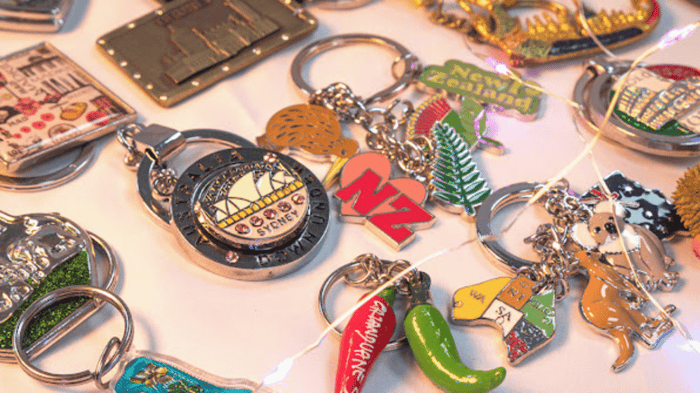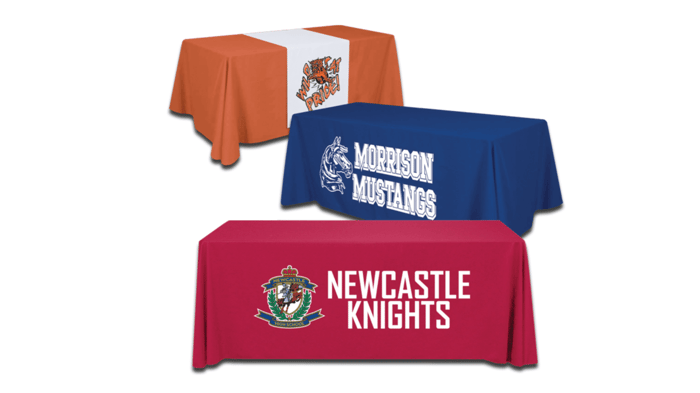Here is a step-by-step guide on how to create your own custom keychains with us.
Prepare your design
If you are working with a designer, they will typically provide you with a digital file of the final design. If you created the design yourself, make sure that it is in a digital format that is compatible with us to create your mockup. Ai or PNG works best for us to make sure we have a high-quality version of your artwork when creating your mockup. We also accept PDF, PNG, and JPEG files.
What if I can’t design my own artwork or I can’t afford to pay for someone to design for me?
We’re here to help. For FREE! Here’s how: Get a pen and paper and sketch your idea for us. It doesn’t have to be perfectly drawn, the purpose of the sketch is for us to get a good understanding of how you want your design to turn out instead of blindly guessing what you want, and would save us time going back and forth with revisions.
Here’s a sample sketch from one of our clients that we turned into a digital artwork

If you want to know more about our free design conversion service, you may read this blog.
Decide on the keychain type
We are able to do all keychain types: soft enamel, hard enamel, die-struck, and acrylic keychains.
Here are their differences:
Hard enamel keychains are made using a process called "cloisonné," which involves filling recessed areas of a metal base with colored enamel, then polishing the surface to create a smooth, glossy finish. Hard enamel keychains are known for their durability and are often used for promotional items or collectibles.

Soft enamel keychains are similar to hard enamel keychains, but the enamel is not as thick and is not polished as smooth as hard enamel keychains. The enamel is usually recessed into the metal and the recessed area around the enamel is usually not polished. This gives a little bit of depth and dimensionality to the design. Soft enamel keychains are less expensive than hard enamel keychains and are also great for promotional items.

Die-struck keychains are made by stamping a design into a metal base using a die. This creates a raised design that stands out against the metal background. Die-struck keychains are also popular for promotional items, but they tend to be more expensive than enamel keychains due to the cost of the dies.

Acrylic keychains are made from a plastic material. They can be made in a variety of shapes and sizes and are more affordable than metal keychains. They can be made by using laser cutting, engraving, or printing processes, to produce the design. They are lightweight and can be printed with full-color designs and images.

Ultimately, the type of keychain you choose will depend on your specific needs and budget. Hard enamel keychains are the most durable and have the best finish, but they're also the most expensive. Soft enamel keychains are a more affordable option that still has a nice finish, while die-struck keychains are a good choice for designs that require a raised surface. Acrylic keychains offer a more budget-friendly solution and can be customized in various ways
Decide on the size of your keychain
We are able to cater to a large variety of size options ranging from 1/2 inches to 3 inches as well as custom sizes depending on design requirements. You may choose your desired size on your order form or simply inform your account manager about your choice.
Choose a metal finish (unless you’re creating acrylic charms)
We are able to create keychains made in gold, 24k gold, rose gold, silver, black nickel, black dyed metal, and anodized metal. You may choose your desired size on your order form or simply inform your account manager about your choice.
With this guide, you should be able to order custom keychains with confidence, knowing that you have considered all of the important factors.
Our social links:





